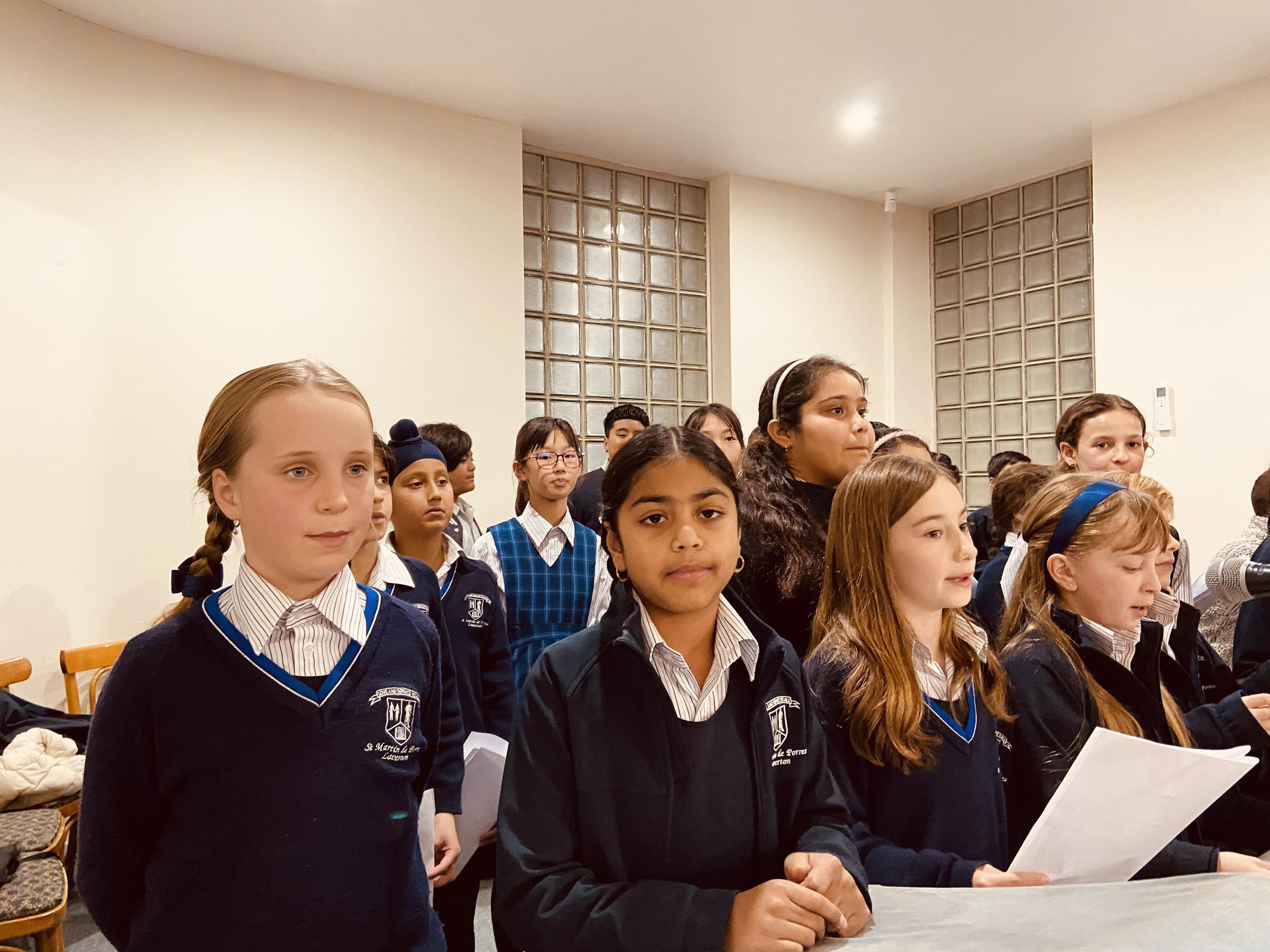Child Safety and Wellbeing News

IMPROVING SAFETY FOR OUR WHOLE COMMUNITY
The Child Safe Standards (the Standards) are compulsory minimum standards for all Victorian schools to ensure they are well prepared to keep children and young people safe and protect them from abuse. At SMDP child safety is at the heart of all decisions made. There are 11 child standards in total.
This week’s newsletter explores Child Safe Standard 3:
Children and young people are empowered about their rights, participate in decisions affecting them and are taken seriously.
This standard supports schools to create a culture that values and promotes student participation. This includes:
- informing students about their rights and responsibilities in an age-appropriate way
- recognising the importance of friendships and peer support
- enabling students to actively participate in creating a culture that is safe for them and their peers.
Royal Commission into Family Violence
In March 2016, the Royal Commission into Family Violence made 227 recommendations for change. The Victorian Government committed to implementing every one of these recommendations. The Royal Commission identified the critical role played by schools and early childhood education in creating a culture of respect and equality to change the story of family violence for future generations.
Respectful Relationships
Students at SMDP learn child safety through a variety of wellbeing programs and initiatives. Respectful Relationships is an evidence based, age appropriate education program that promotes respect, positive attitudes and behaviours and educates our children how to build healthy relationships, resilience and confidence. The whole school approach to Respectful Relationships supports us to embed a culture of respect and equality across the entire school community.
Term 3 Respectful Relationships: Topic 6 Help Seeking
Learning activities in this topic area are designed to help students discuss the importance of seeking help and providing peer support when dealing with problems that are too big to solve alone. This helps to normalise and destigmatise help-seeking behaviour. Scenario-based activities help students identify situations in which help should be sought, identify trusted sources of help, and practice seeking help from peers and adults.
Wellbeing Team
Kathy Blythe
Wellbeing Leader
Chiara Genovese
Learning Diversity Leader
Simone Whitehead
Family Engagement Leader.




